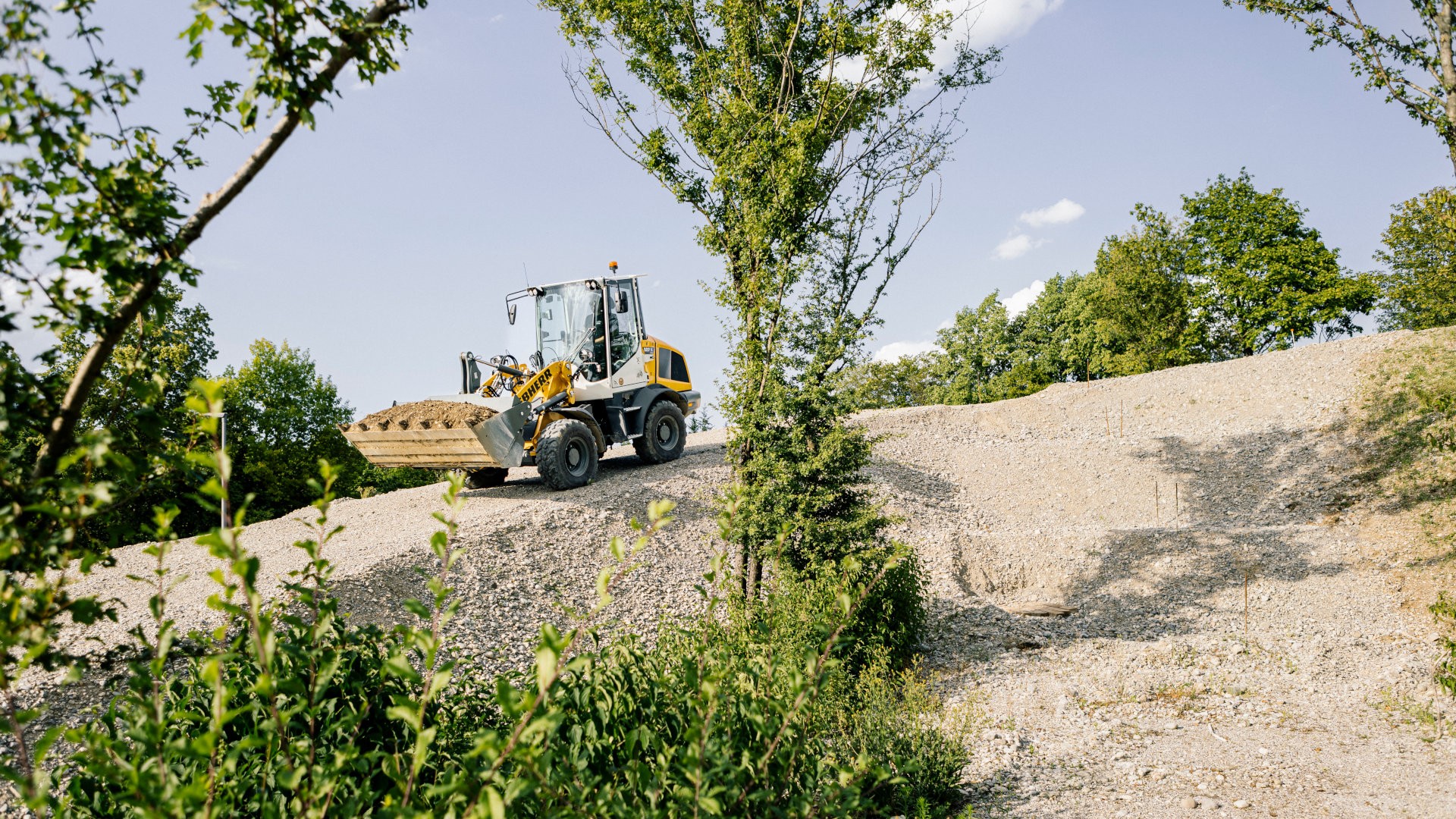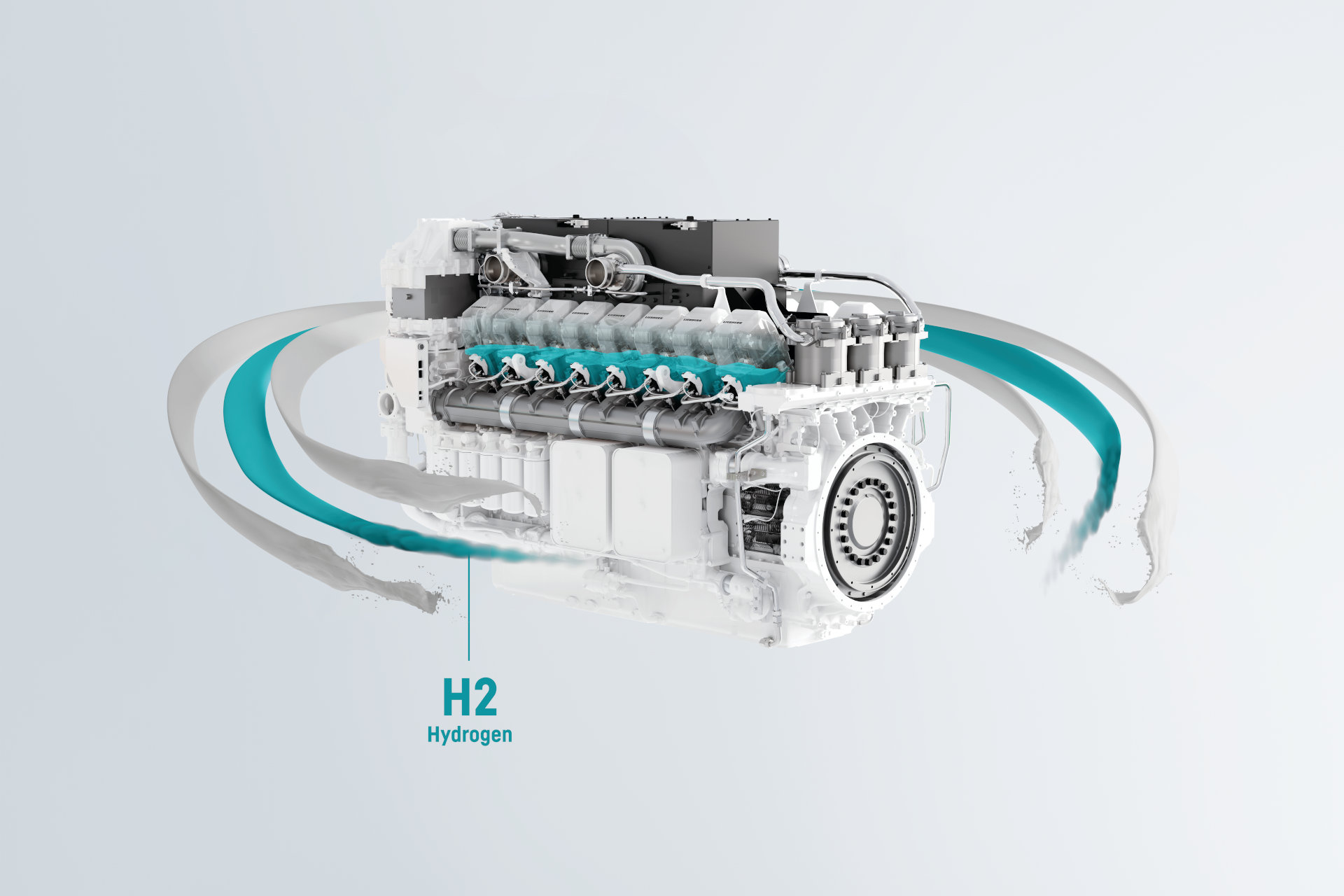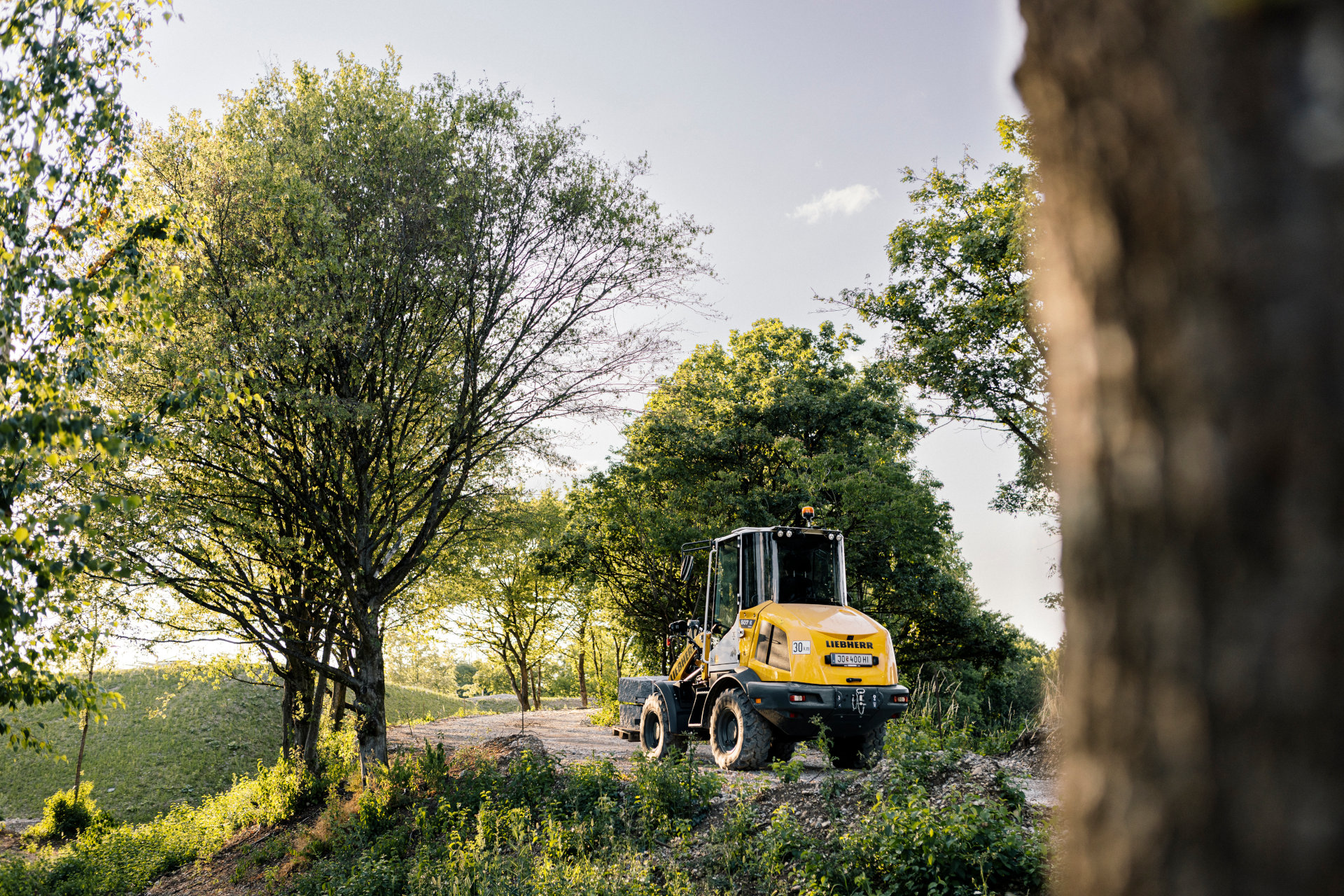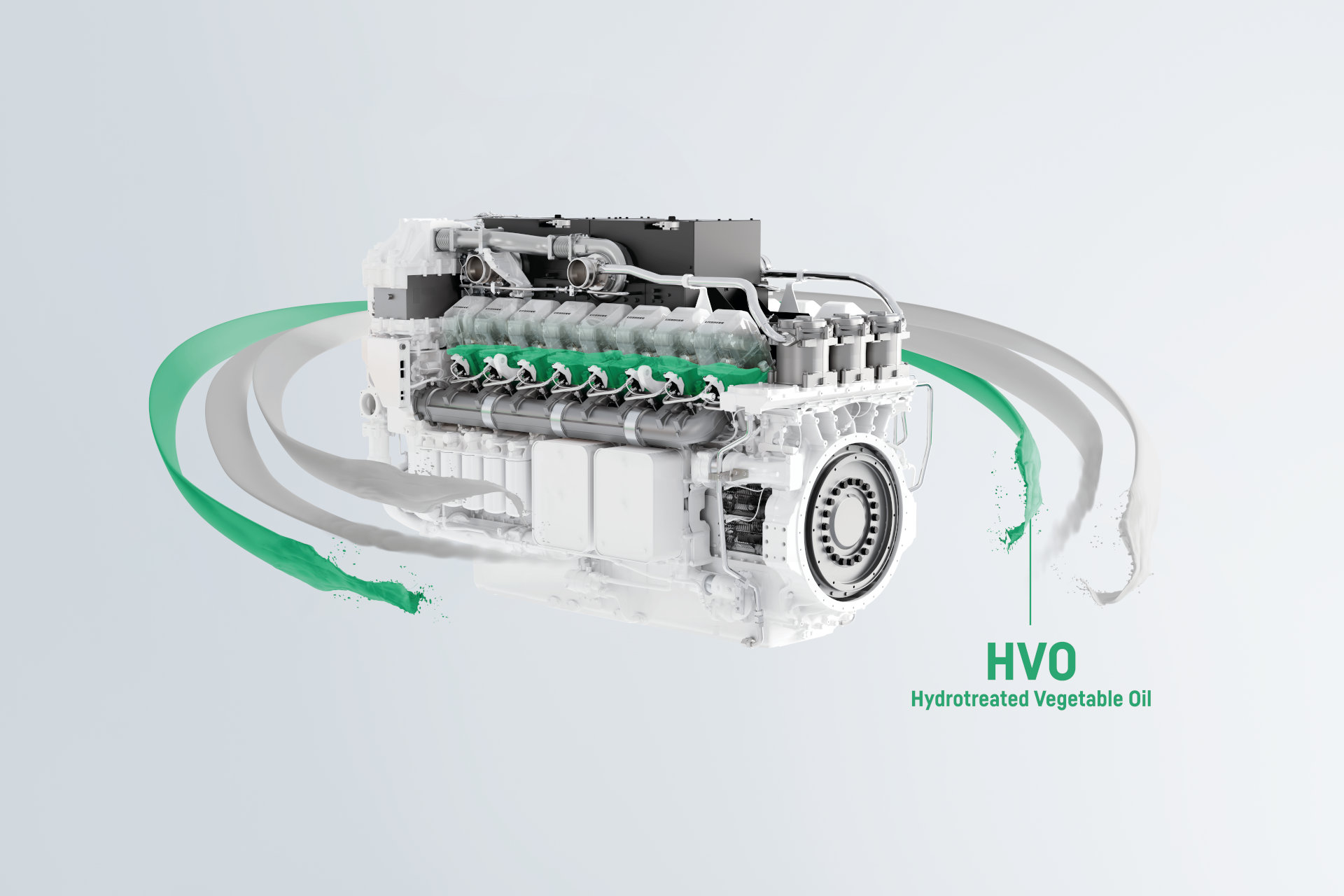Pioneering technologies
As we move towards a sustainable future, we present the innovative drive systems that we are working on in detail. Let our diverse portfolio of future-oriented drive technologies inspire you.

Contact us!
Are you interested in further information or brochures regarding our hydraulic excavators, wheel loaders, bulldozers and crawler loaders, telescopic loaders, dumpers or attachments? Would you like to request a non-binding quotation? Do you have any questions about a service?








